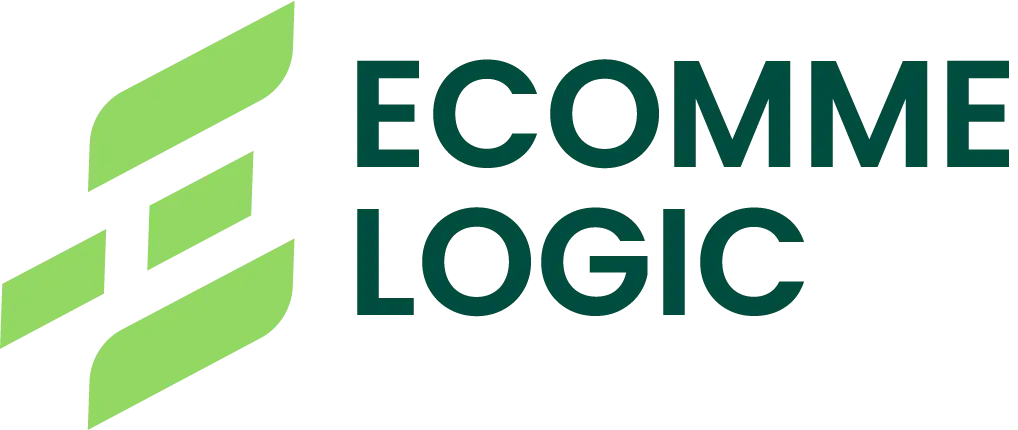In today’s digital era, a fast and secure website is essential for every business. If your website is slow or unsafe, not only can your customers become frustrated, but your Google ranking can also drop. In this blog, we will guide you on the best ways to build a fast and secure website with detailed explanations and actionable steps.

1. Choose a Reliable Hosting Provider
One of the most crucial aspects of website performance is selecting the right hosting provider. A good hosting service ensures faster loading times, better security, and improved user experience.
- Types of Hosting: There are different types of hosting available, such as shared hosting, VPS (Virtual Private Server), dedicated hosting, and cloud hosting. Shared hosting can be slow as multiple websites share the same server resources, so it is better to opt for VPS or cloud hosting for better speed and security.
- Recommended Hosting Providers: Some reliable hosting providers include Bluehost, SiteGround, Kinsta, WP Engine, and Cloudways.
- Server Location Matters: Choosing a hosting provider with servers closer to your target audience ensures faster website performance.
2. Optimize Website Performance
A slow-loading website can drive away potential customers. To enhance the performance of your website, follow these steps:
- Use Caching Plugins: Caching reduces server load by storing frequently accessed data. Popular caching plugins include WP Rocket, W3 Total Cache, and LiteSpeed Cache.
- Optimize Images: Large images can slow down a website significantly. Use image optimization tools like Smush, TinyPNG, or ShortPixel. Also, convert images to WebP format for better compression.
- Minimize HTTP Requests: Reduce the number of scripts, stylesheets, and images that load on each page to improve speed.
- Use a Content Delivery Network (CDN): A CDN stores website data across multiple servers worldwide, reducing the time it takes to load pages. Cloudflare, BunnyCDN, and Amazon CloudFront are excellent CDN options.
- Enable Gzip Compression: Compressing files reduces their size, leading to faster loading times. This can be enabled via plugins or through server settings.
3. Strengthen Website Security
Security is a top priority for any business website. A secure website protects customer data and ensures trustworthiness. Here’s how you can secure your website:
- Install an SSL Certificate: An SSL (Secure Sockets Layer) certificate encrypts the connection between your website and visitors. Ensure your website uses HTTPS instead of HTTP. Free SSL certificates can be obtained from Let’s Encrypt.
- Keep Software Updated: Regular updates of your CMS, themes, and plugins help patch security vulnerabilities.
- Use Strong Passwords & Two-Factor Authentication (2FA): Hackers often gain access to websites through weak passwords. Use a password manager to generate strong passwords and enable 2FA for additional security.
- Install Security Plugins: Use security plugins like Wordfence, Sucuri, or iThemes Security to prevent cyber threats.
- Enable Web Application Firewall (WAF): A WAF helps block malicious traffic before it reaches your website. Cloudflare and Sucuri offer excellent WAF services.
4. Maintain Regular Backups and Monitoring
No matter how secure your website is, regular backups and continuous monitoring are essential to recover quickly in case of any issues.
- Automate Backups: Use backup solutions like UpdraftPlus, Jetpack Backup, or BackupBuddy to ensure your data is always safe.
- Monitor Website Uptime: Use tools like UptimeRobot or Pingdom to monitor downtime and ensure your website is always accessible.
- Scan for Malware Regularly: Run malware scans with plugins like Sucuri Security or MalCare to detect threats early.
- Check for Broken Links: Broken links harm user experience and SEO. Use tools like Ahrefs, SEMrush, or Google Search Console to find and fix them.
Conclusion
To build a fast and secure website, you need the right hosting, optimized content, strong security measures, and regular monitoring. A well-optimized website not only
Explore More:

